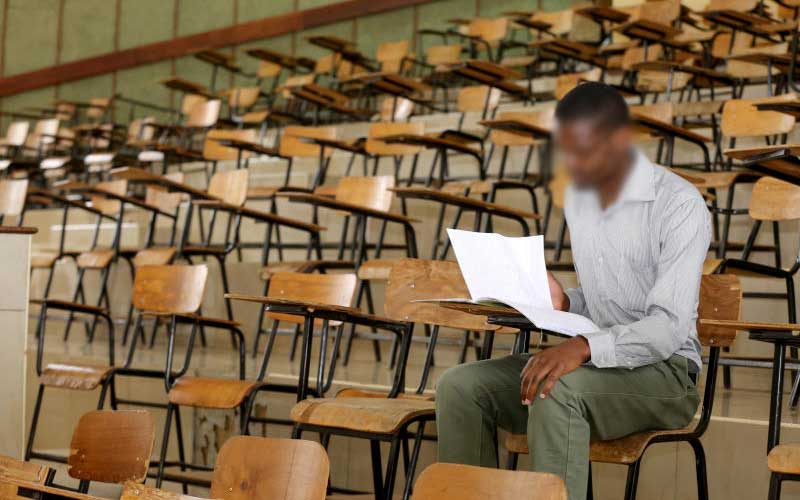×
The Standard e-Paper
Kenya’s Boldest Voice

Some 107 university programmes are on the chopping block because they either did not attract applications or no student was selected to pursue the degree courses considered uncompetitive.
For nine of the degree programmes, there were no applications from students who sat the Kenya Certificate of Secondary Education (KCSE) exam last year, and in the remaining 98, no student was enrolled for the degree courses spread across 50 universities. The programmes have a collective capacity of 6,721 students.